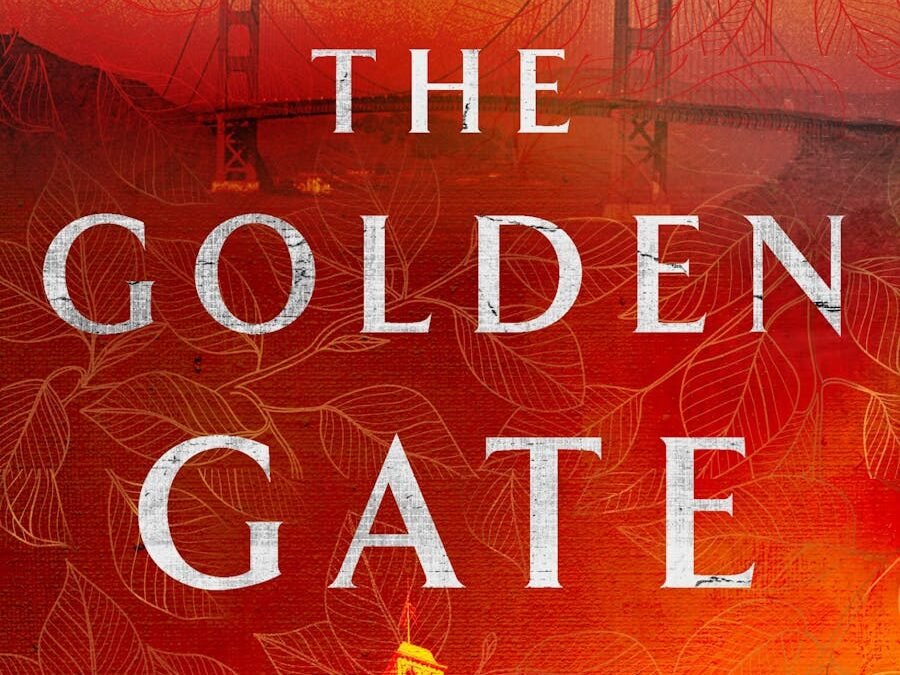
Book Review of The Golden Gate
A Glimpse into Turbulent Times: My Review of The Golden Gate by Amy Chua
When I first stumbled upon The Golden Gate, it felt like a serendipitous find. A historical mystery set in 1944 San Francisco—a city alive with tension against the backdrop of World War II—what’s not to pique my interest? Amy Chua, known for her insightful explorations of societal dynamics, weaves a gripping narrative that pulls readers into a world where both personal and political struggles are inextricably linked.
The novel centers around the shocking murder of presidential candidate Walter Wilkinson, discovered in a lavish hotel room under bizarre circumstances. With his pants down and a Chinese jade seal stuffed in his mouth, the scene screams both irony and brutality, capturing the tumultuous spirit of the era. Enter Detective Al Sullivan, a compelling lead shaped by a complex heritage—half-Jewish, half-Mexican—and the weight of his past as he navigates a society rife with discrimination and fear. This intricate layering of character and history is what really captivated me.
Chua does an excellent job of blending rich historical context with her narrative. During a time when Japanese-Americans were facing grave injustices and food rationing was a norm, the representation of various social issues—from labor strikes to racial discrimination—adds depth to the storyline. It’s a reminder that while we’re engrossed in the mystery of who killed Wilkinson, there are larger societal questions at play.
The pacing of the book is varied; there are moments of urgency, particularly as the investigation heats up, counterbalanced by reflective passages diving into the backstory of the Bainbridge family. This family history intertwines with the current mystery, particularly through Genevieve Bainbridge’s account and the tragic past of her granddaughters. I found these alternating perspectives enriching, offering layers to the narrative that kept me engaged, even as the plot occasionally felt convoluted.
One particularly poignant moment comes when Sullivan, who grapples with guilt over the internment of Japanese-Americans, reflects on his own roots. It’s a powerful reminder of how personal history shapes the present—something many readers can relate to, even beyond the historical setting.
As I listened to the audiobook, narrated beautifully by Robb Moreira, Suzanne Toren, and Tim Campbell, the storytelling came alive in ways I didn’t expect. The narrators brought distinct characters to life, enhancing my emotional investment in their fates.
Ultimately, The Golden Gate is a historical mystery rich in context and character depth. It’s perfect for readers who appreciate a good whodunit that also offers thoughtful commentary on societal issues. If you enjoy immersing yourself in a vividly painted historical era, complete with its complexities and moral dilemmas, this book is sure to resonate with you.
In the end, Chua’s labor of love is more than just a murder mystery; it’s a poignant exploration of identity, culpability, and the shadows we inherit from our pasts. I finished the book feeling both entertained and contemplative, a duality that marks a truly worthwhile reading experience. If you’re looking for your next literary adventure steeped in history and laced with intrigue, look no further than The Golden Gate. Happy reading!
Discover more about The Golden Gate on GoodReads >>






